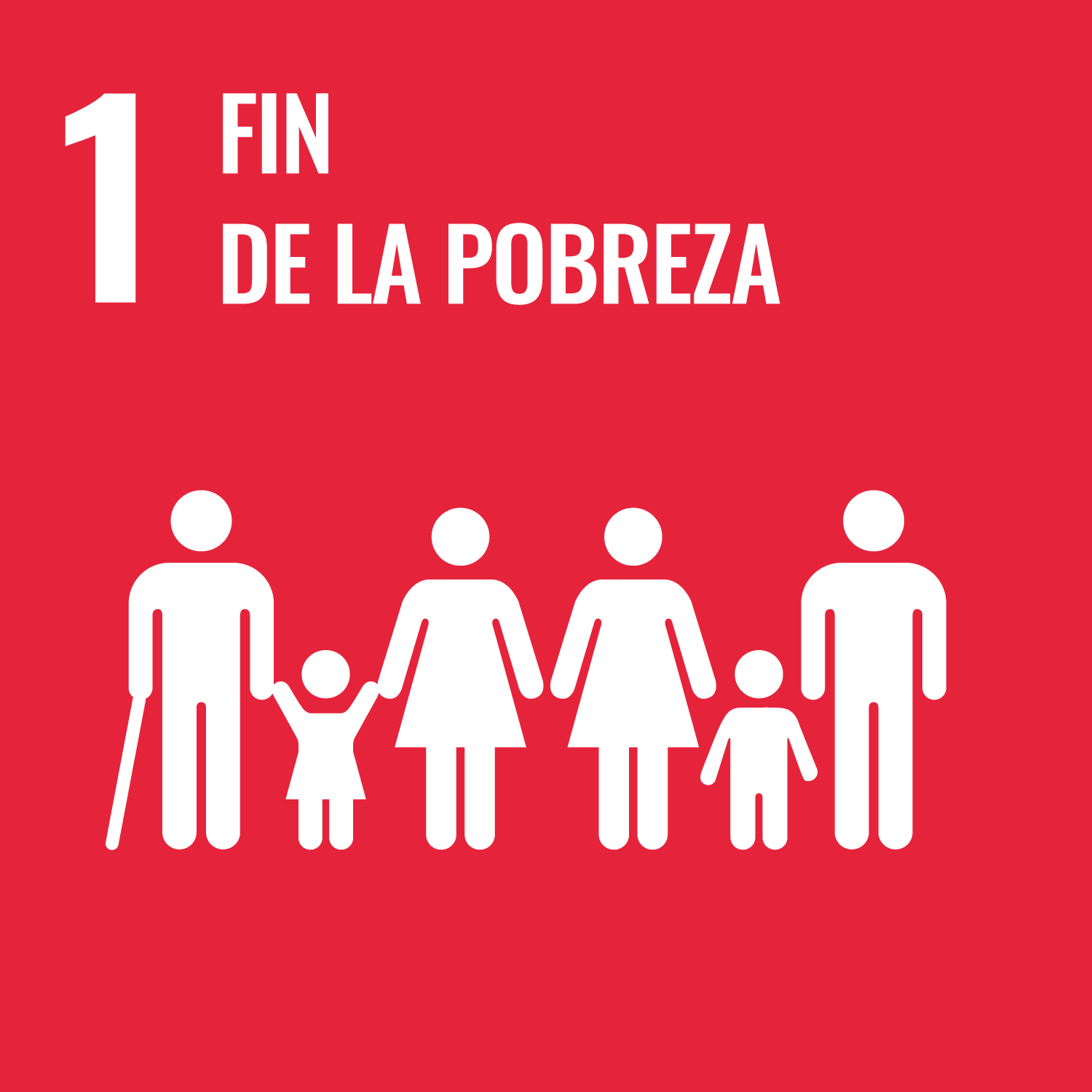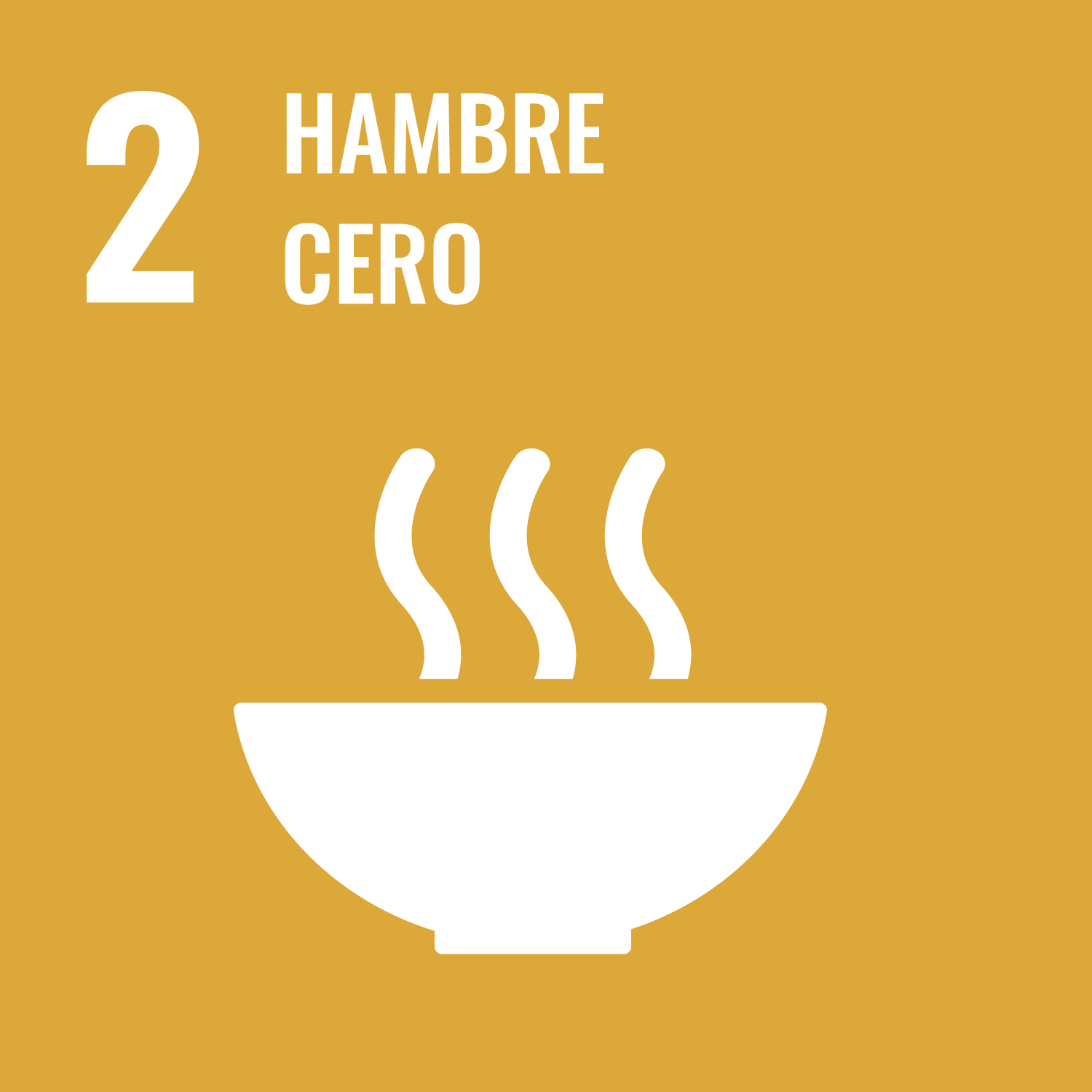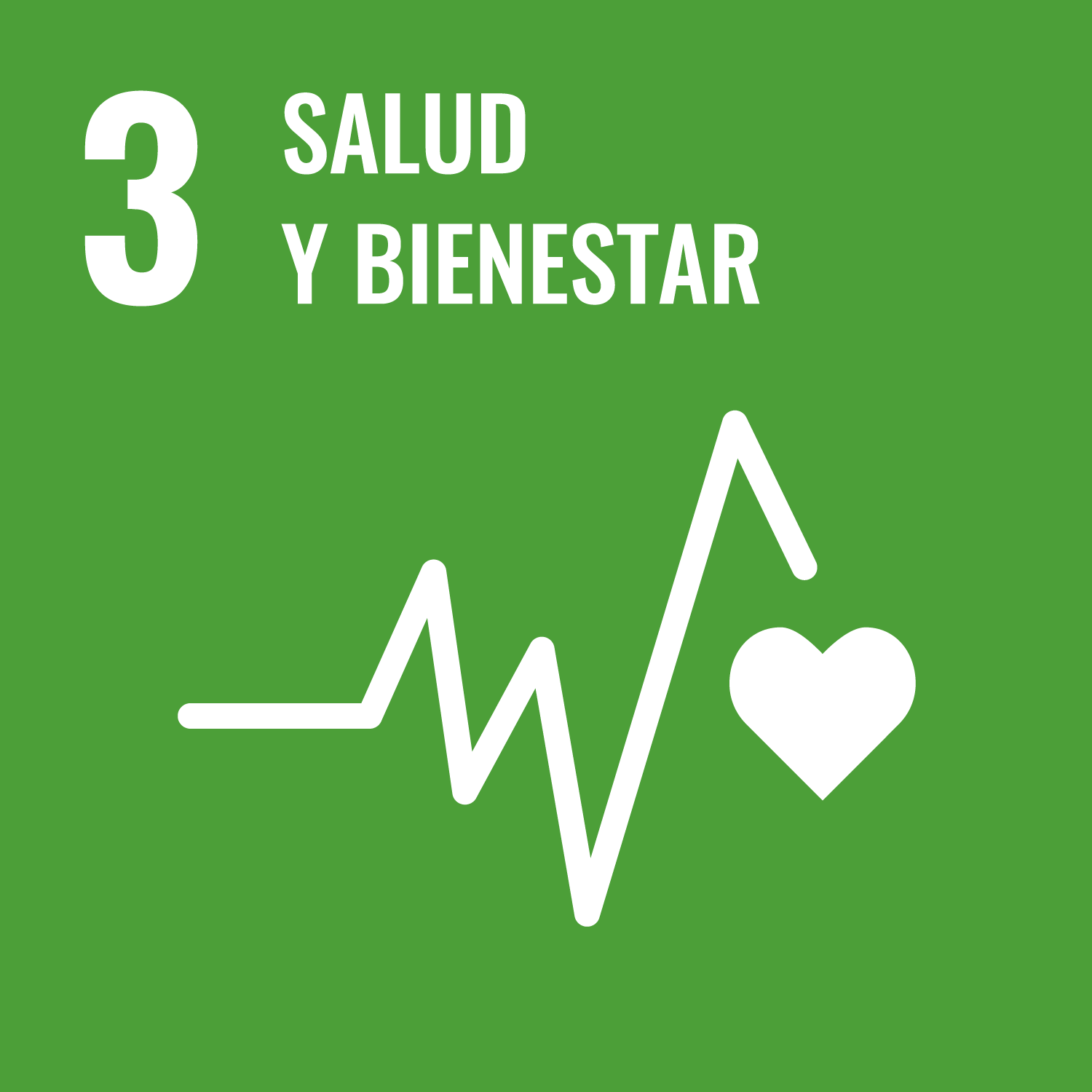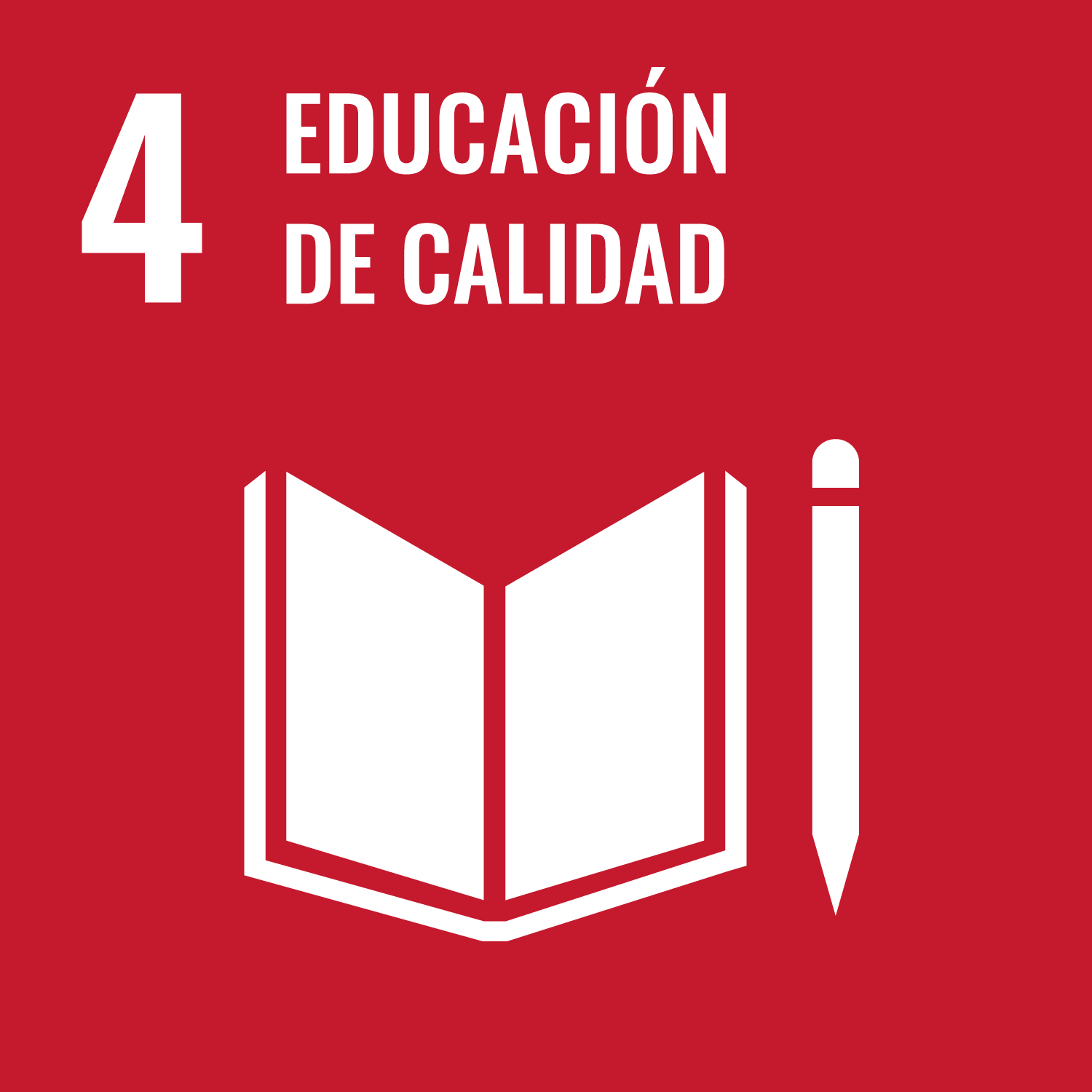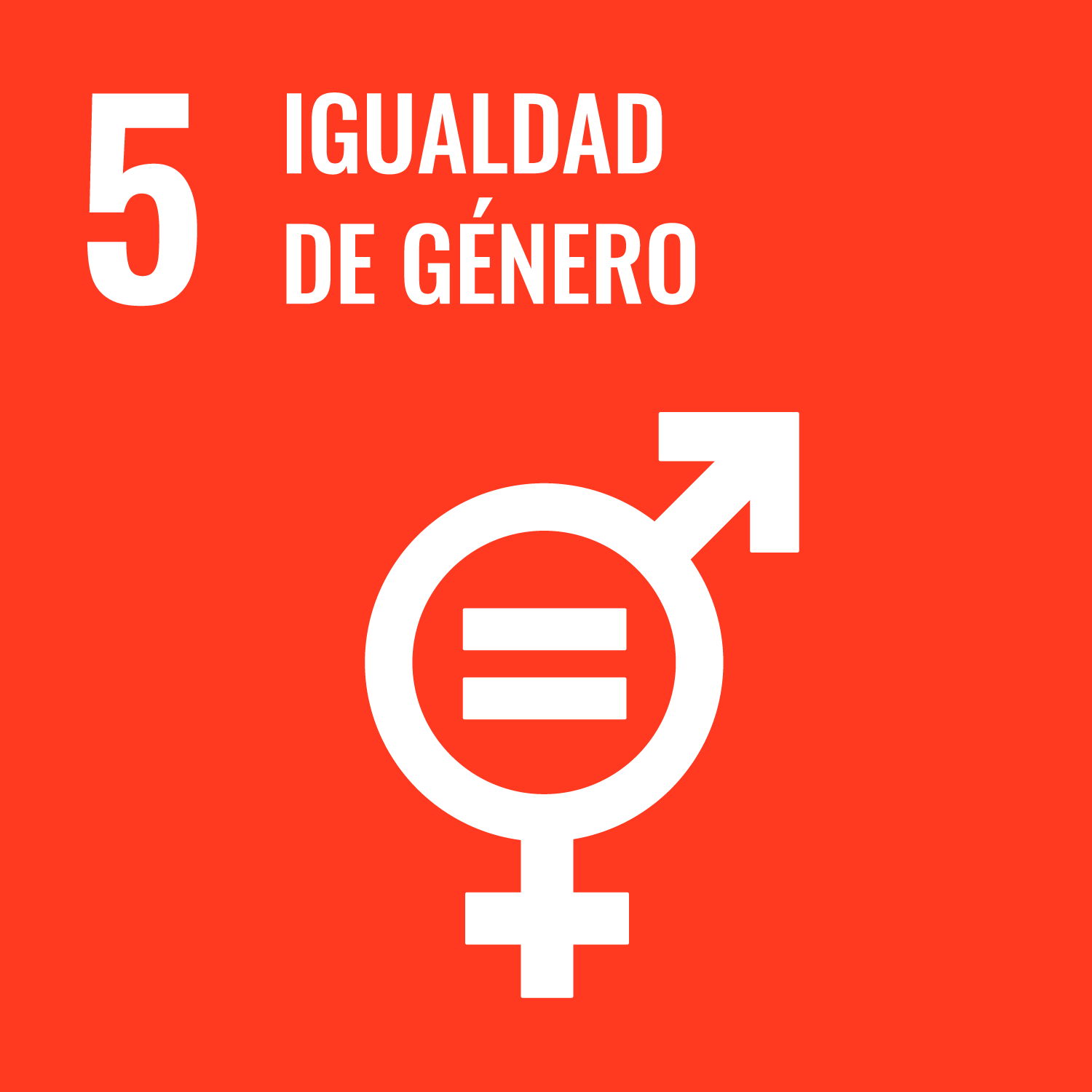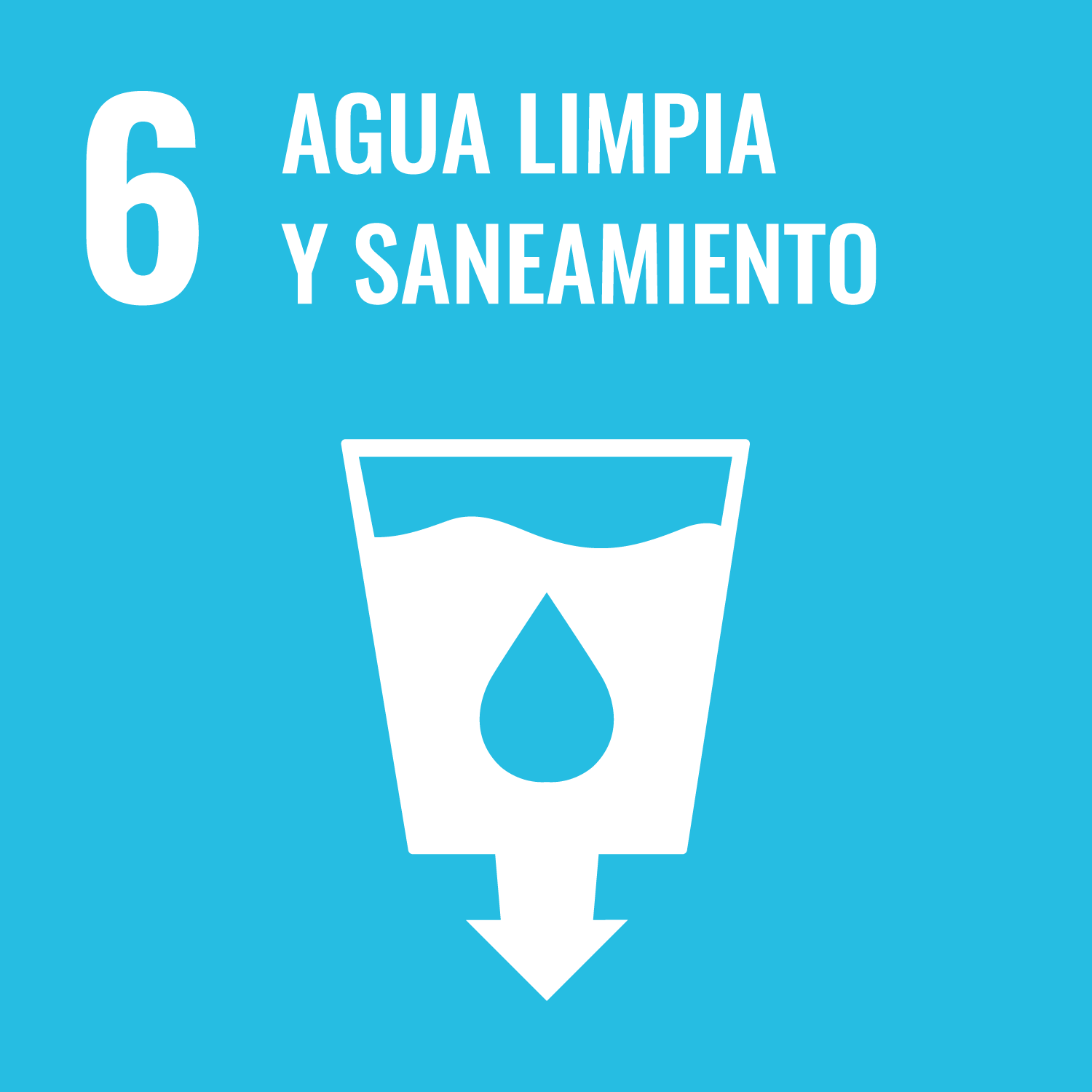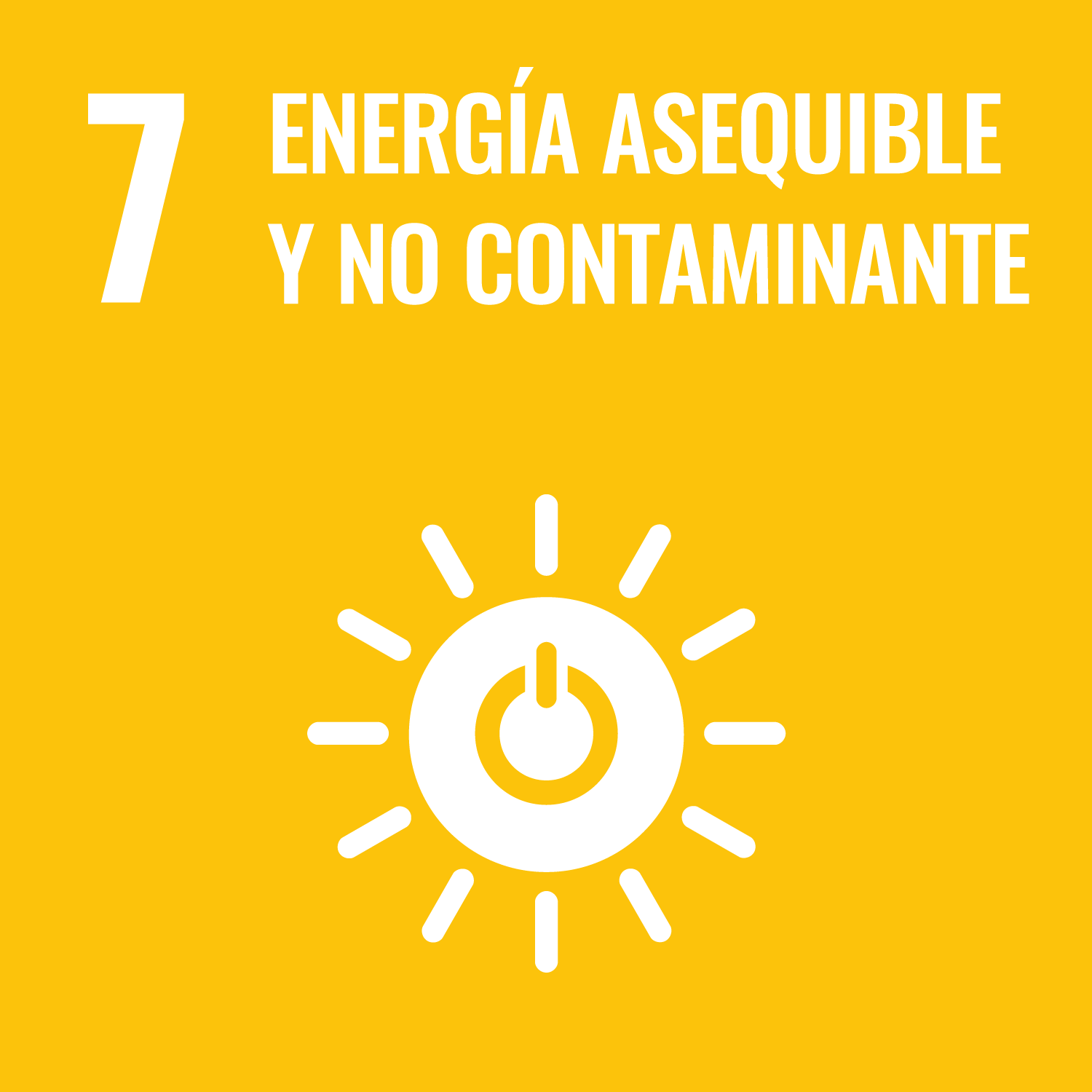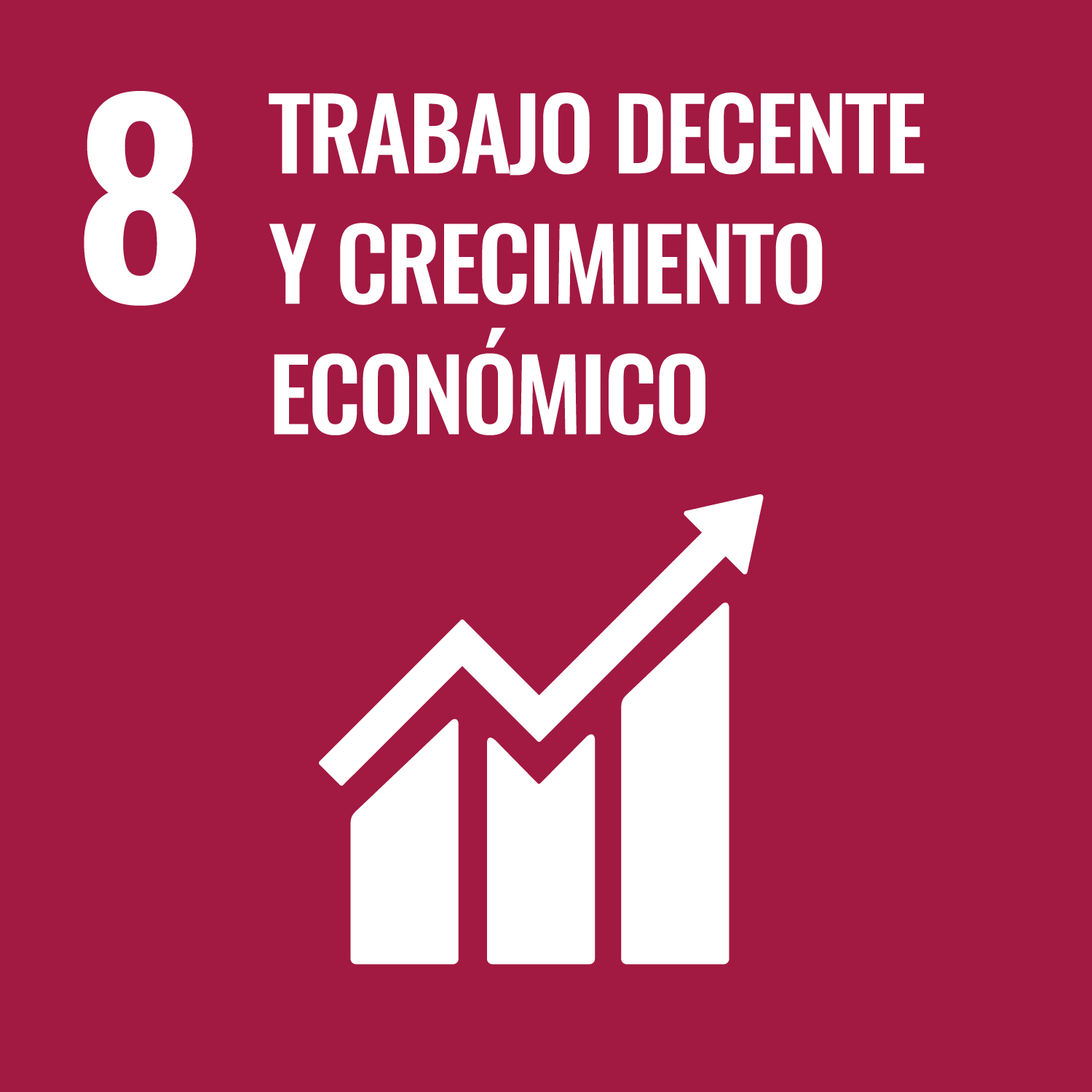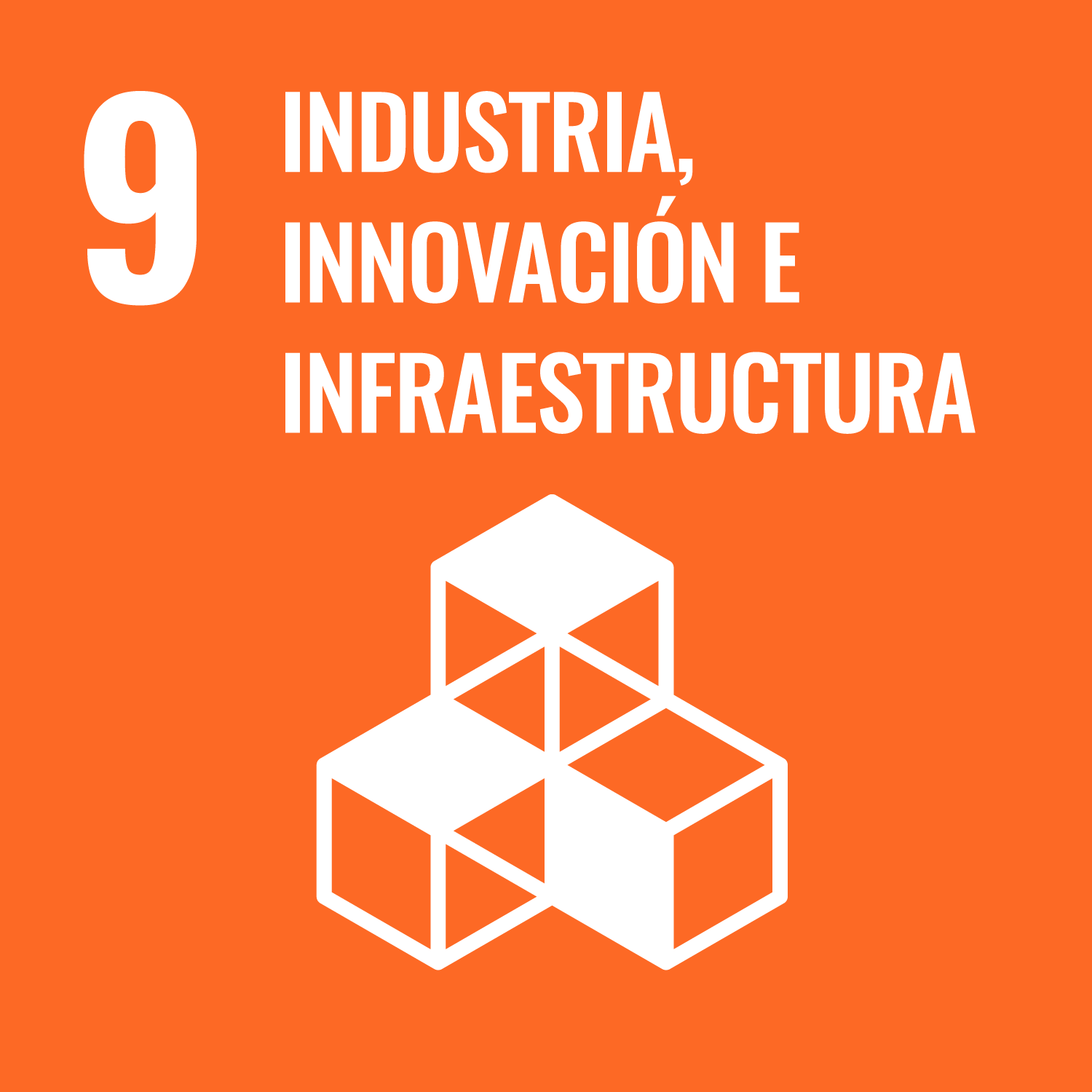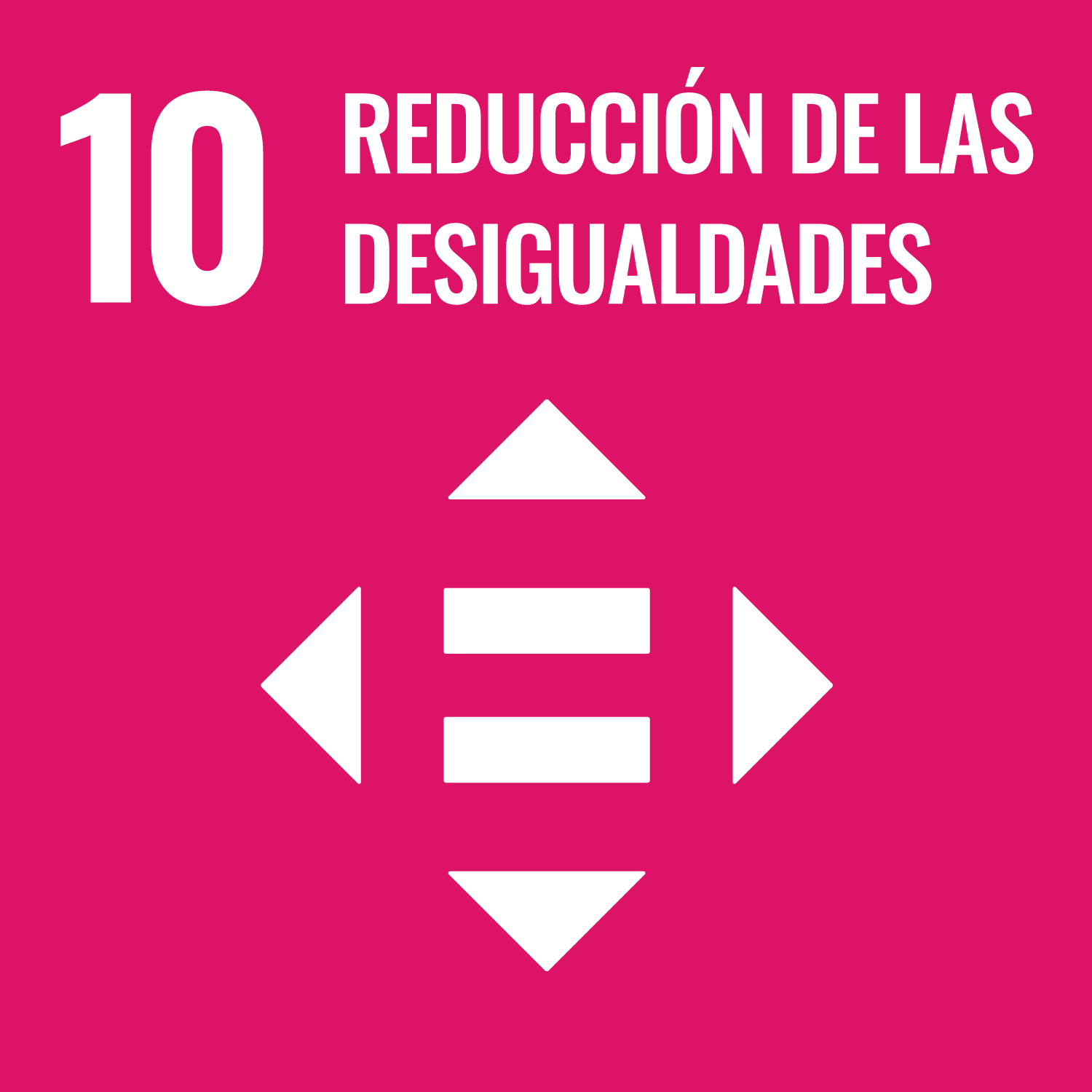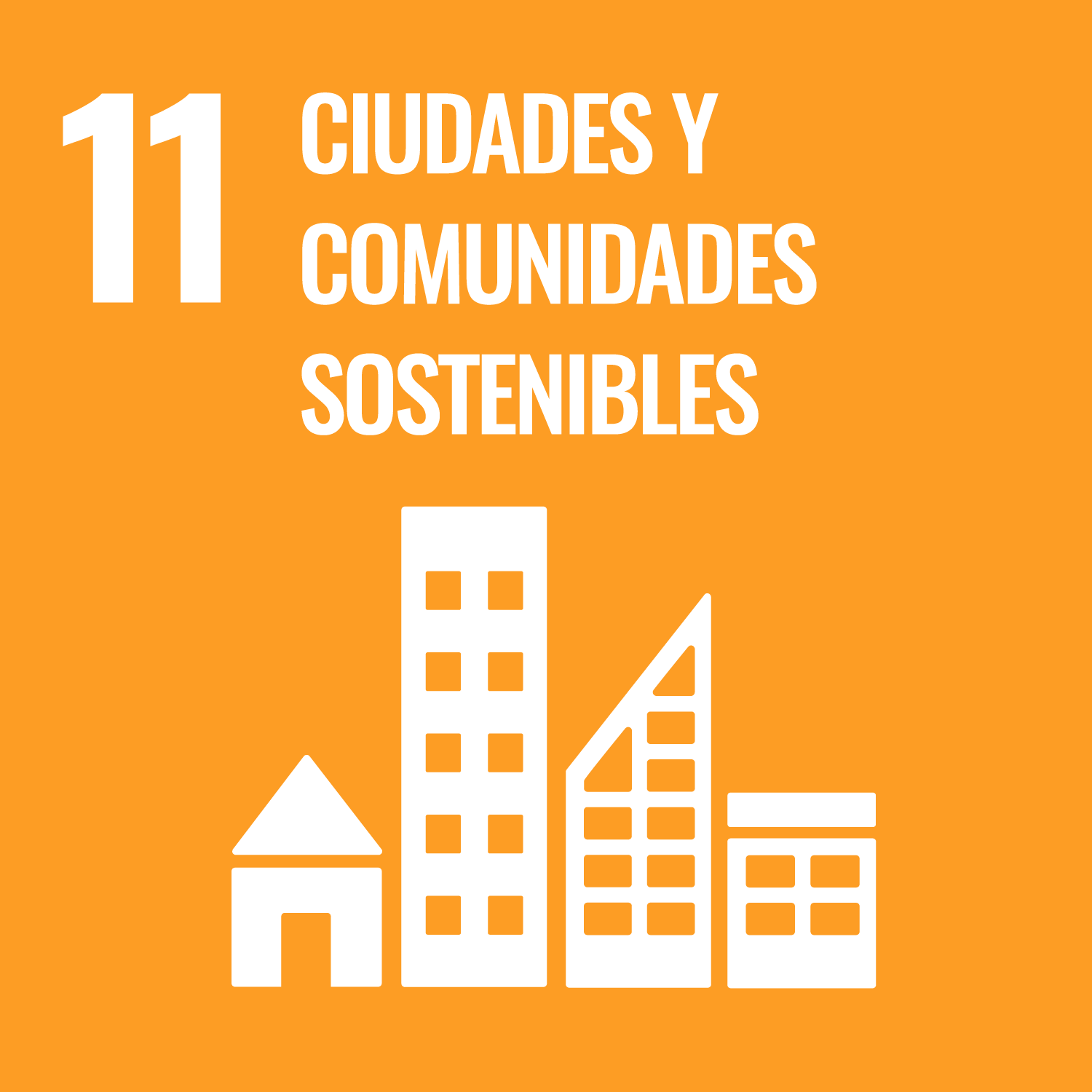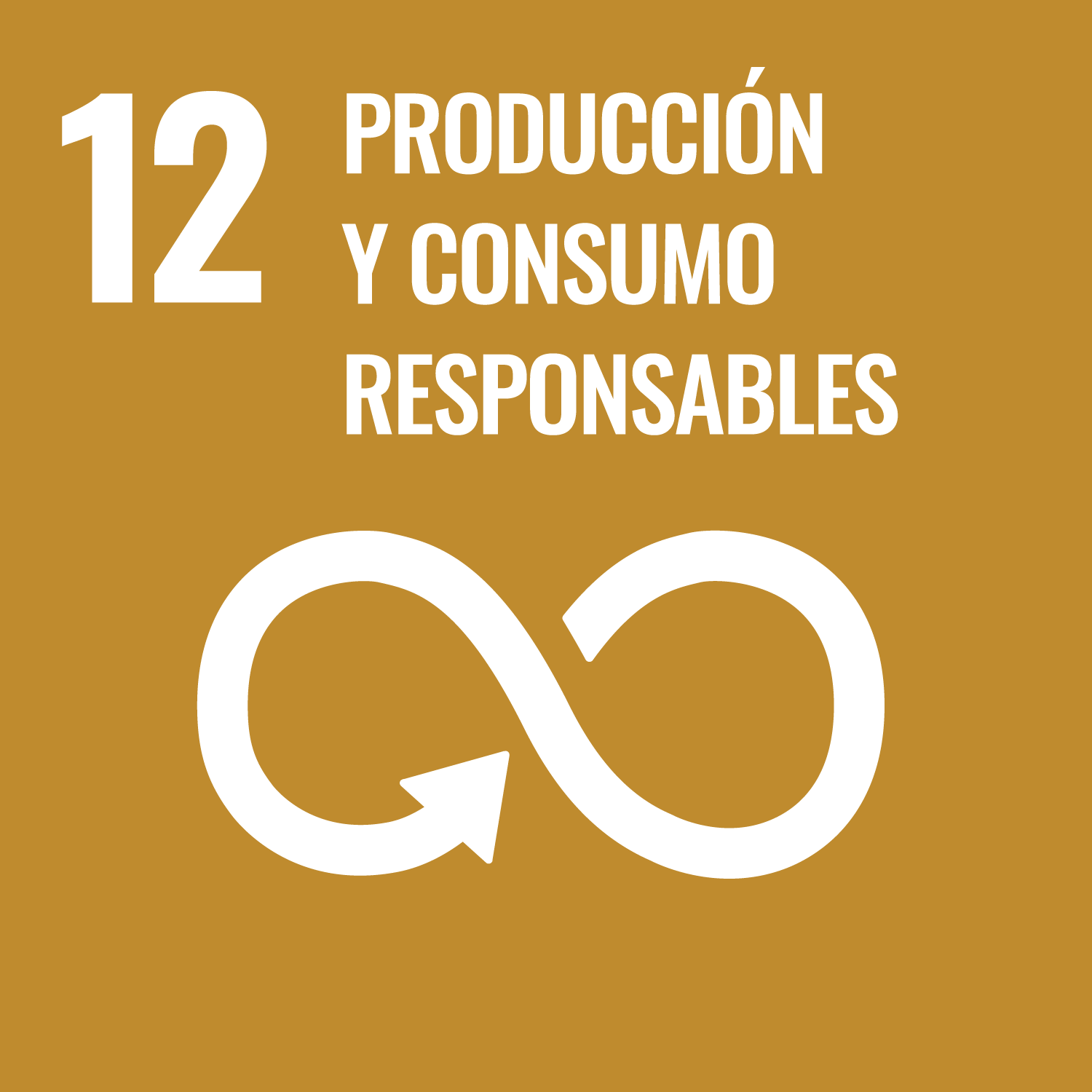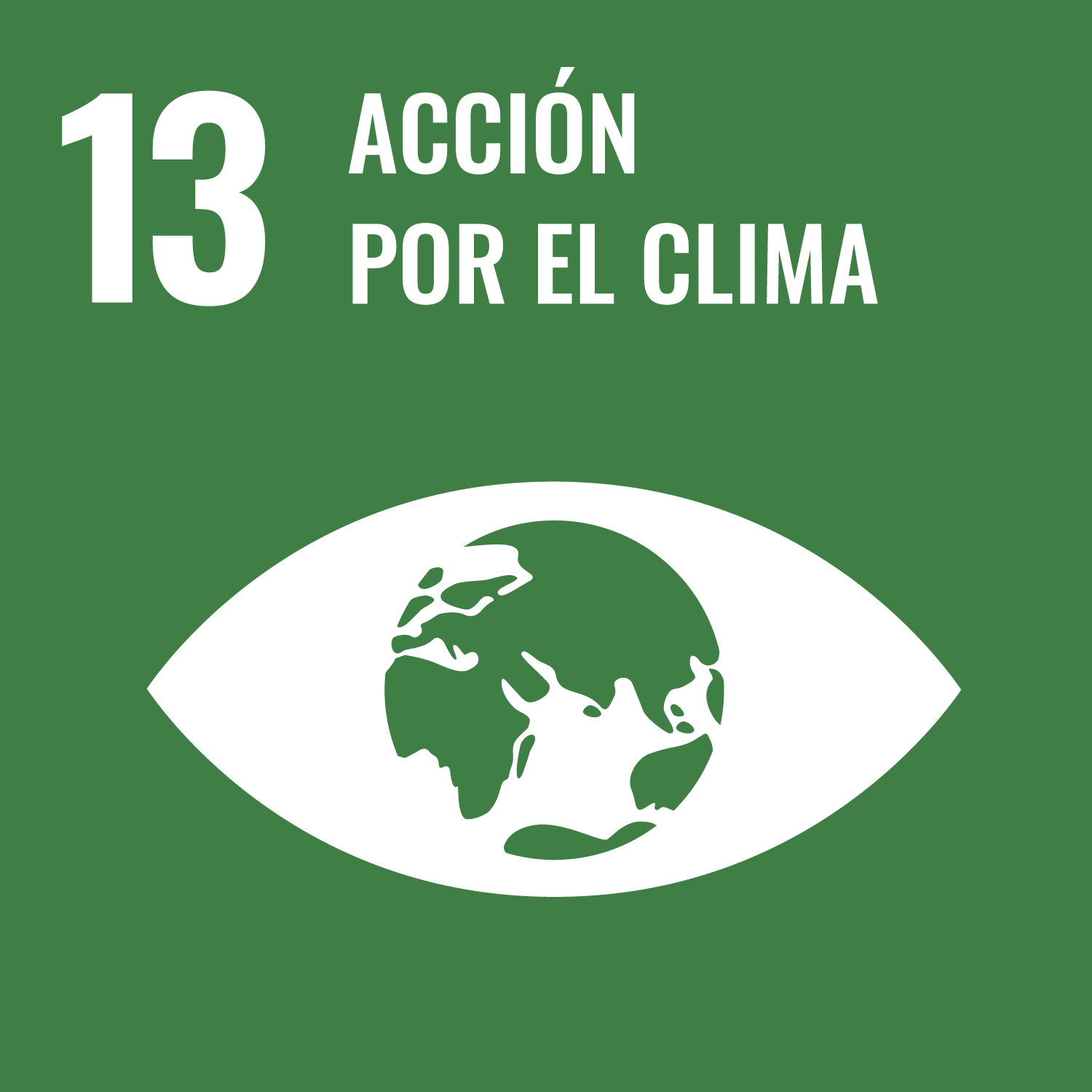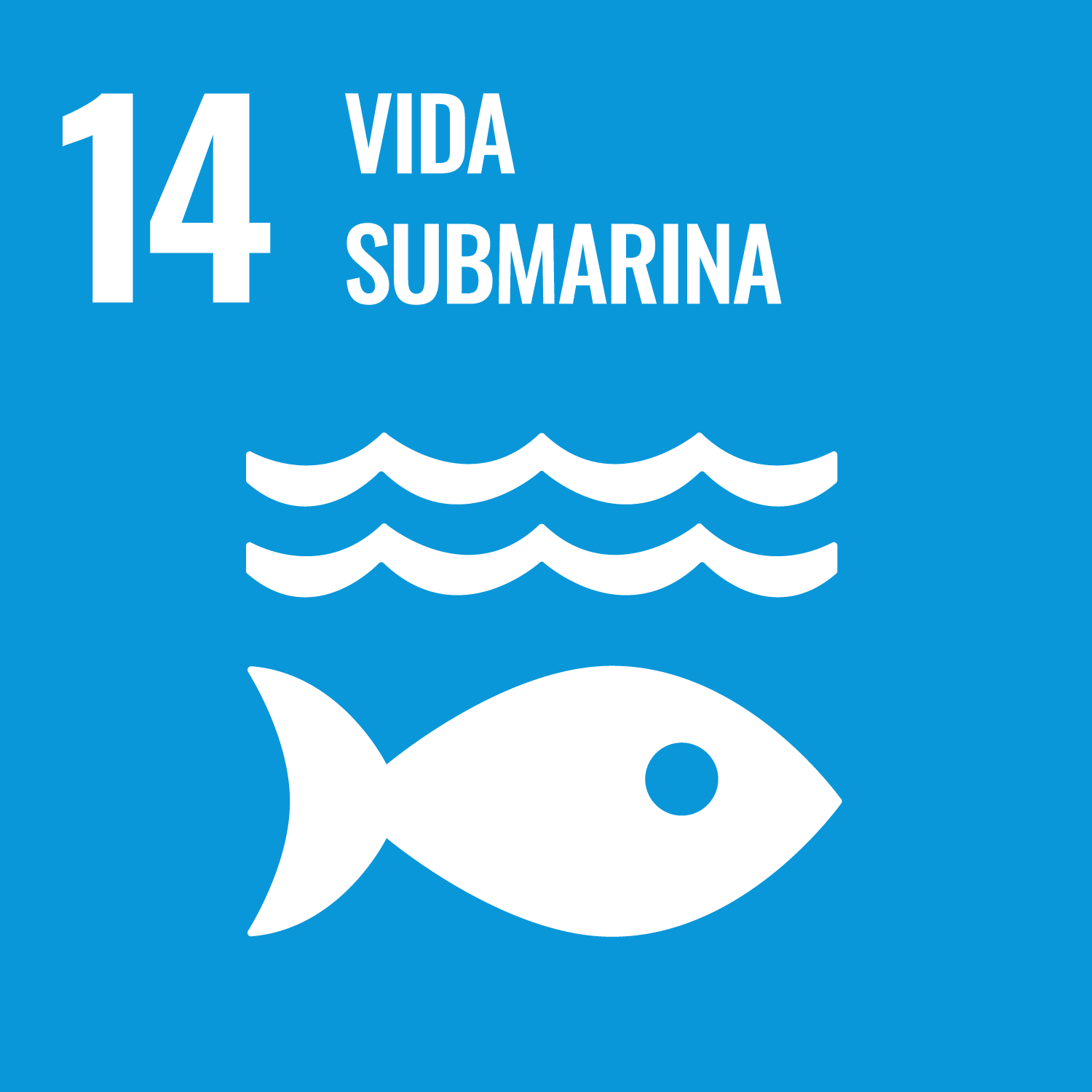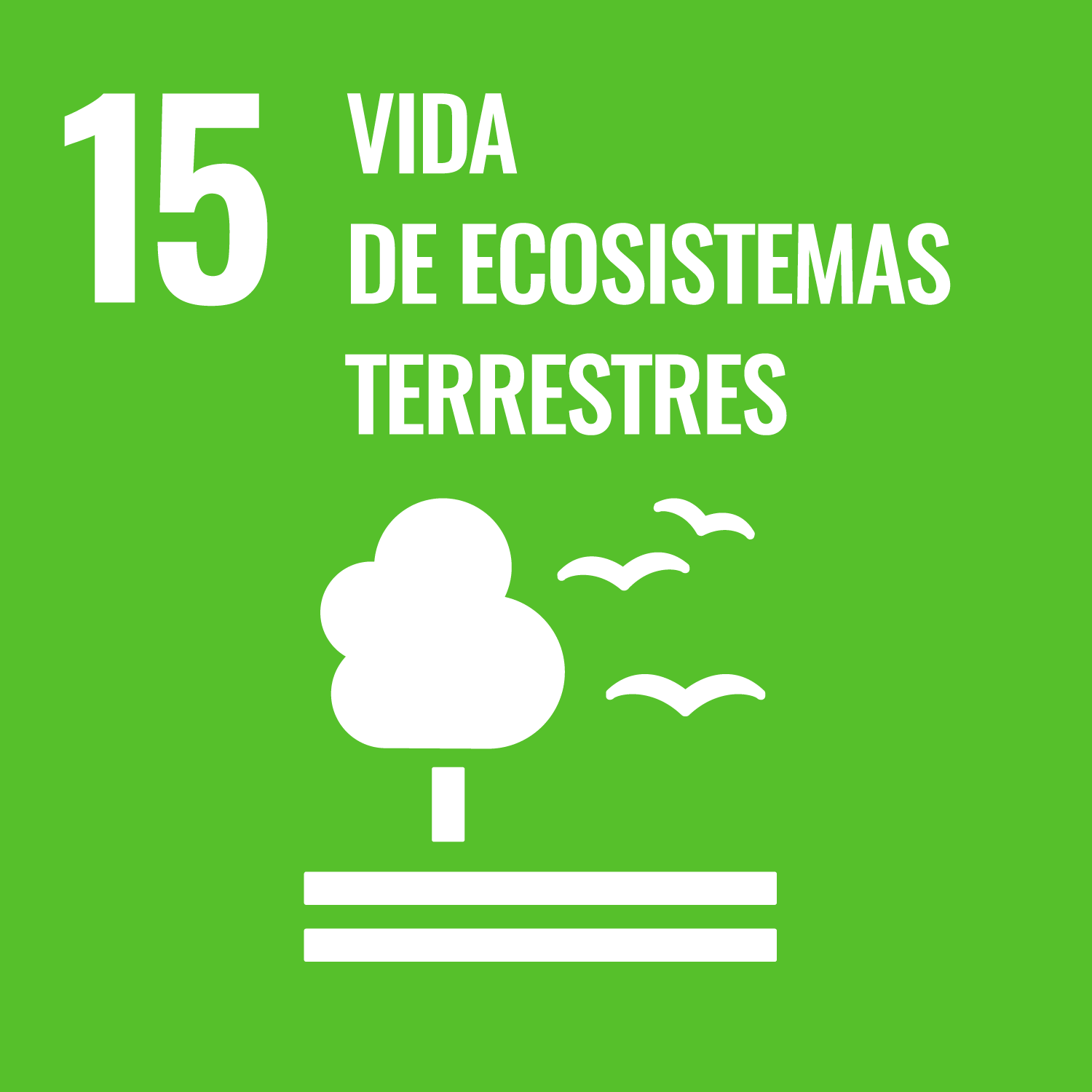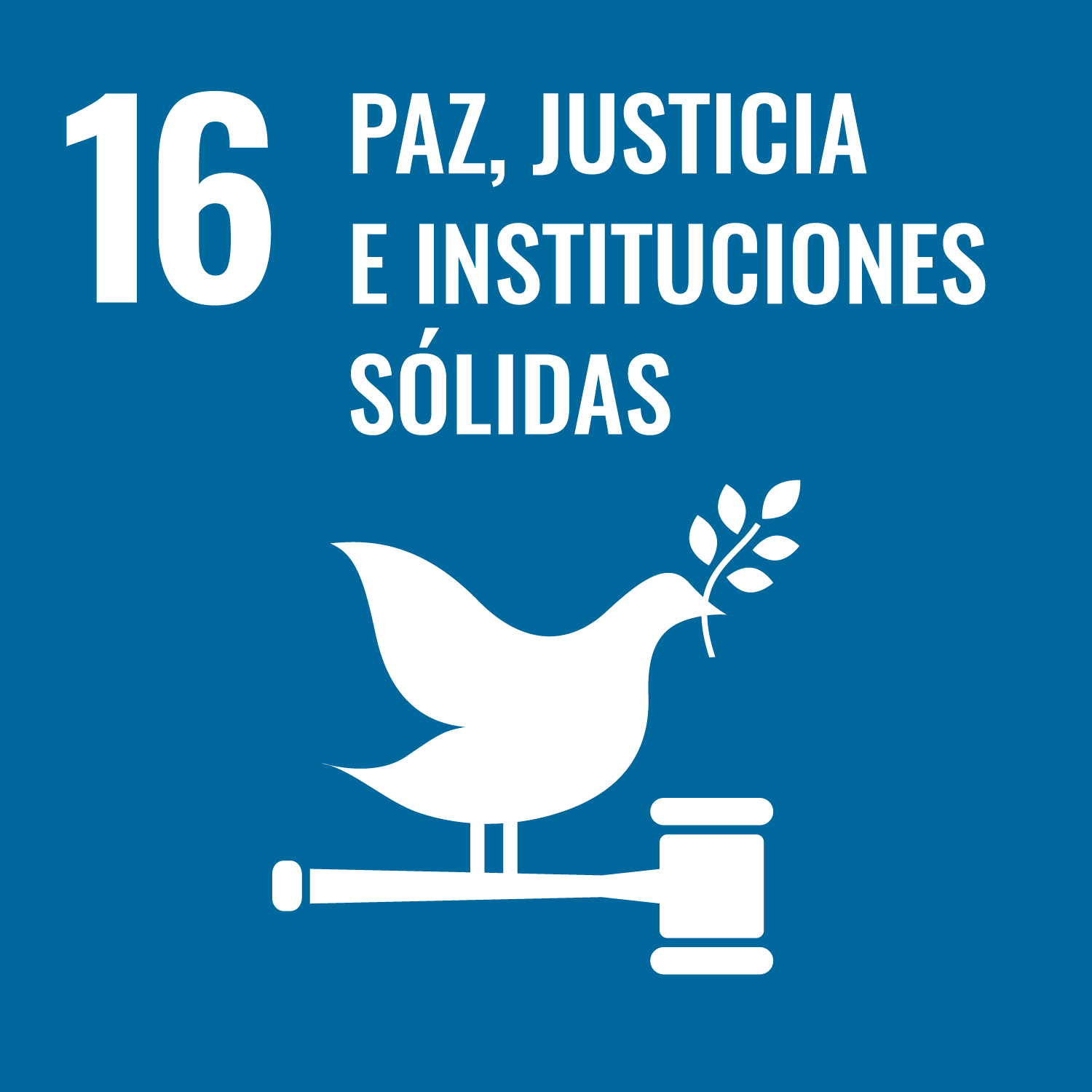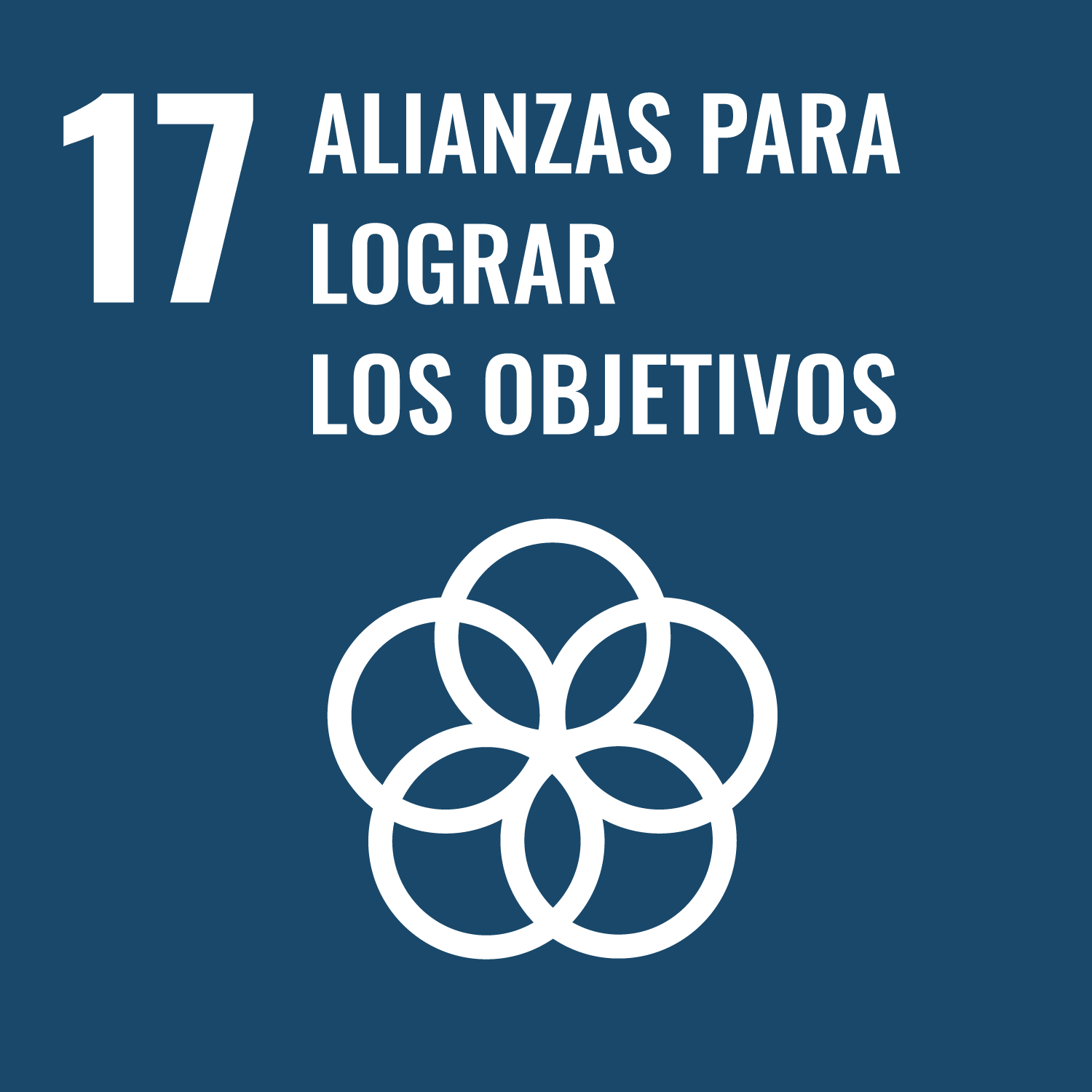GIS – 05 October 2023: The renewable energy sector has a large potential to reduce our global dependence on fossil fuels. It is with this objective that the establishment of the green energy industry as an economic pillar of activity has become a top priority of the Government of Mauritius.
During the opening of the National Validation Workshop on the Feasibility Study for the development of Ocean Renewable (Offshore Wind) on 5 October 2023 at the Ravenala Attitude Hotel in Balaclava, the Minister of Energy and Public Utilities, Mr Georges Pierre Lesjongard, made a statement on behalf of the Government’s strong commitment to the green energy industry.
The United Nations (UN) Resident Coordinator to Mauritius and Seychelles, Miss Lisa Simrique Singh, and representatives from the Mauritius Renewable Energy Agency and the United Nations Environment Programme were also present.
Minister Lesjongard indicated that Small Island Developing States face several challenges to their size and remoteness from international markets and supply chains. Nonetheless, they are also naturally endowed with renewable sources of energy such as wind, sunshine, and marine and freshwater sources, providing them with unique opportunities to move towards greener energy, he remarked.
The pre-feasibility study on offshore wind has been initiated in Mauritius simultaneously as the country continues to explore the potential of ocean energy, namely: ocean thermal energy conversion (OTEC), tidal energy, wave energy (above sea level and below sea level), current energy, floating photovoltaics, and production of green hydrogen, he observed.
This study, Mr Lesjongard underpinned, is a stepping-stone towards utilising the renewable sources of energy captured from the ocean, which might be a game changer for an island state like Mauritius with limited land resources. “I am confident that the study will provide important information to guide us in implementing such a large-scale project,” he stated.
Following the RE Roadmap 2030, a total of 50-megawatt offshore wind power will be implemented from 2026 to 2030 to accelerate the ongoing energy transition, the Minister highlighted. “Mauritius has significant potential for offshore wind and marine renewables due to its Exclusive Economic Zone of 2.3 million square kilometres, one of the world’s largest continental shelves,” he said.
In addition, the Minister of Energy remarked that the workshop was intended to take stock of concerned consultants’ findings and recommendations on the feasibility of deploying offshore wind. He encouraged participants to voice their contributions to the green energy transition and help meet the national and global clean energy targets while effectively addressing climate change challenges.
For her part, Miss Simrique Singh stressed the importance of this project, funded by the Joint Sustainable Development Goals (SDG) Fund. This workshop, she indicated, will contribute significantly to the advancement of the SDGs, namely SDG 7 – Clean and Affordable Energy, in Mauritius. She underlined that about the recent global shocks impacting development progress, it is encouraging to see that Mauritius has made considerable efforts in achieving the targets of SDG7.
“The commitment by the Mauritian Government to advance towards meeting its carbon emission reduction targets can be used as a great example at the forthcoming UN Climate Change Conference, to countries around the world if we are to avoid climate catastrophe,” the UN Resident Coordinator pointed out.
Besides focusing on the technical and economic benefits of offshore wind, Miss Simrique Singh appealed to the participants to delve into the ecological and social impacts of such an initiative.
Originally published by the Republic of Mauritius
Note: The Joint SDG Fund's joint programmes are under the prestige leadership of the Resident Coordinator Office and implementing United Nations Agencies. With sincere appreciation for the contributions from the European Union and Governments of Denmark, Germany, Ireland, Italy, Luxembourg, Monaco, The Netherlands, Norway, Portugal, Republic of Korea, Saudi Arabia, Spain, Sweden, Switzerland and our private sector funding partners, for a transformative movement towards achieving the SDGs by 2030.


